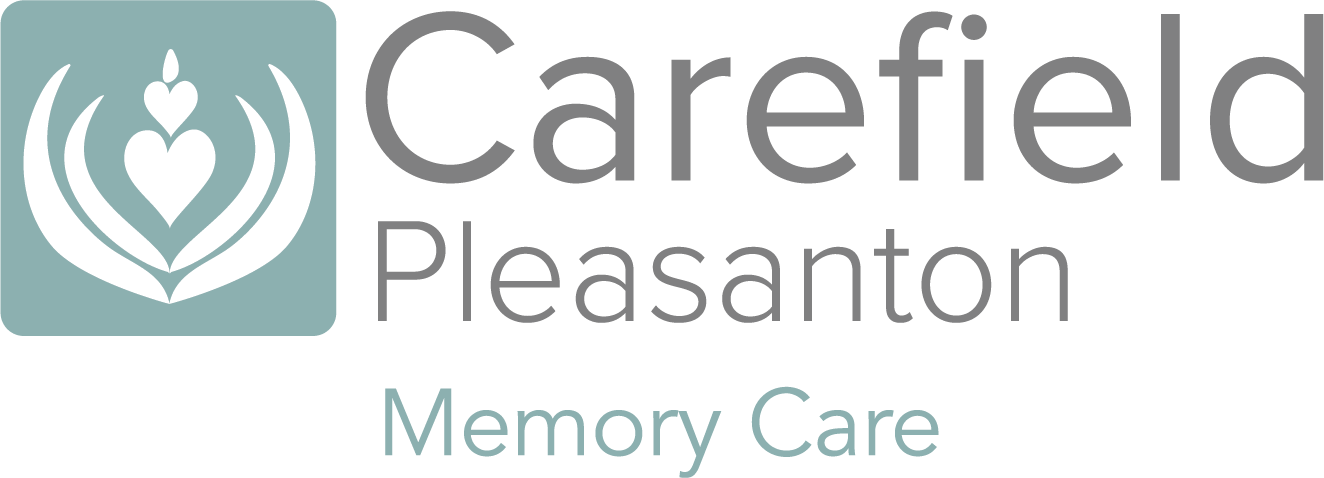
After your loved one receives a diagnosis of dementia or Alzheimer’s, what comes next?
As a caregiver for a loved one, it can be hard to discuss the need for additional help and the possibility of moving your loved one into a memory care community.
Some tips:
1. Have the first conversation shortly after diagnosis.
By the time your loved one is diagnosed with Alzheimer’s or dementia they are already experiencing a big shift in their daily lives. With these diseases being progressive, the present time is also their most cognizant, which is why it is crucial to have a conversation sooner rather than later. Having a conversation with your loved one will give them a greater sense of say in their own future, creating a sense of autonomy and empowerment.
2. Listen to all of your loved one’s concerns.
Provide space for truly listening. Take the time to connect with the fears, feelings, and concerns raised by your loved one. When we take the time to listen, the more supportive and less threatening your responses will be perceived when suggesting the idea of a memory care community.
3. Bring key loved ones into the conversation.
If you are a spouse or child of someone with dementia or Alzheimer’s, consider whether another family member might be a convincing advocate and may be key to the decision-making process. Video conferencing with Zoom or Facetime can help bring key family members who live further away into the fold. It’s important to make this a family effort in order to ease this big transition.
4. Take a tour of memory care communities.
To get an idea of what memory care communities are closest to you and the services that they provide, we suggest touring communities with other family members while you are in the process of getting your loved one acquainted with the idea of transitioning to a memory care community. Touring early on in the process will ensure that in the case of a critical event (like a fall or wandering situation) that you and your family have an idea of what options are available to you.
5. Develop a plan and transition timeline.
After getting input from your family and loved one, working with everyone to ensure a smooth transition into a memory care community is next step. Most memory care communities have a team that can help you create a transition plan for your loved one. The memory care experts at Carefield Pleasanton are available to help you with the next step – give us a call at (925) 750-8744 or visit CarefieldPleasanton.com.






